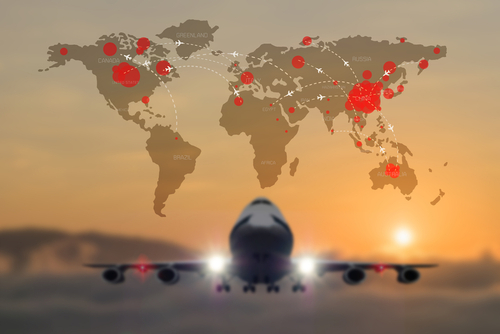
The International Air Transport Association (IATA) has released guidance for the air cargo industry to ensure those in the industry are ready for the large-scale handling, transporting, and distributing of a COVID-19 vaccine.
Their guidelines, IATA’s Guidance for Vaccine and Pharmaceutical Logistics and Distribution, give those in government and the logistics supply chain recommendations to prepare for what the group says will be the “largest and most complex global logistics operation ever undertaken.”
The guidelines were produced with the support of a wide array of partners, including the International Civil Aviation Organization (ICAO), International Federation of Freight Forwarders Associations (FIATA), International Federation of Pharmaceutical Manufacturers and Associations (IFPMA), Pan American Health Organization (PAHO), UK Civil Aviation Authority, World Bank, World Customs Organization (WCO) and World Trade Organization (WTO).
The group said the guidance includes information on international standards and guidelines related to the transport of vaccines and will be updated regularly as information changes. The IATA also established a joint information-sharing forum for transportation industry stakeholders.
“Delivering billions of doses of a vaccine that must be transported and stored in a deep-frozen state to the entire world efficiently will involve hugely complex logistical challenges across the supply chain. While the immediate challenge is the implementation of COVID-19 testing measures to re-open borders without quarantine, we must be prepared for when a vaccine is ready. This guidance material is an important part of those preparations,” said IATA’s Director General and CEO, Alexandre de Juniac.
Key challenges addressed in the guidance temperature-controlled storage facilities and what to do if those facilities are not available; defining the roles and responsibilities of those involved in the distribution of the vaccines; preparing the industry for vaccine distribution by working with governments to re-establish global route networks and addressing border management, among other things.